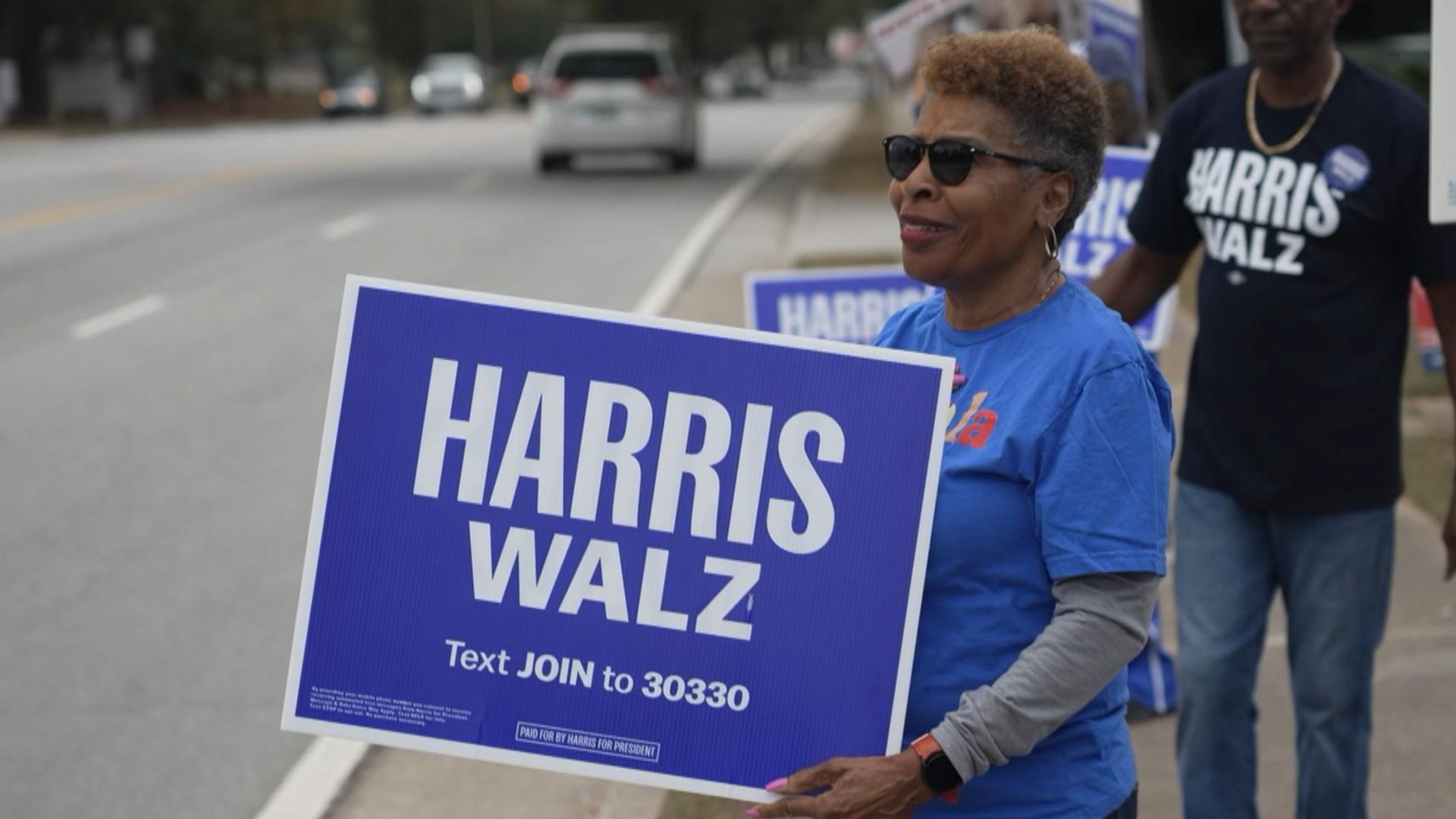
The BDN Opinion section operates independently and does not set news policies or contribute to reporting or editing articles elsewhere in the newspaper or on bangordailynews.com.
John M. Mishler is a former associate vice chancellor for research and professor of basic life sciences, medicine and pharmacology at the University of Missouri. He lives in Harpswell.
The Oxford Languages Dictionary defines “irony” as “…a state of affairs or an event that seems deliberately contrary to what one expects.” In 1814, Francis Scott Key penned the lyrics of The Star-Spangled Banner, our national anthem, which contains this famous last line, “O’er the land of the free and the home of the brave.”
It is ironic, therefore, that at the time Key wrote these stirring words, slavery had been operating in our country for almost 200 years. Obviously, the irony is that Key, a slaveholder himself, knew “the land of the free” was inhabited by thousands of slaves and indentured servants ( 1.1 million slaves by 1810), who definitely were not “free.” His blatant hypocrisy was apparently tailored to appease wealthy white plantation owners and other white citizens, who benefited from the labor of those under their complete and “lawful” control.
Some 50 years following Key’s poem, his lyrics should have been altered to read “land of the almost free.” Why? The Emancipation Proclamation (1863), and later the 13th Amendment (1865), ushered in a protracted and complicated process of ending legal slavery in the United States. With these two achievements, was freedom for all finally realized? No.
In 1868, the 14th Amendment should have added a new twist to Key’s words, thus becoming “land of the almost, nearly free.” Why? Section 1 of said amendment states, “No state shall make or enforce any law which shall abridge the privileges or immunities of citizens of the United States; nor shall any state deprive any person of life, liberty, or property, without due process of law; nor deny to any person within its jurisdiction the equal protection of the laws.”
Despite these eloquent words, and since the ratification of the 14th Amendment, certain citizens have not enjoyed “the equal protection of the laws: Namely, Japanese Americans placed in internment camps during World War II, thousands of Black Americans lynched or massacred throughout the Midwest and South, Indigenous people massacred or dislocated to various parts of this country, and Black Americans in Alabama, where the Republican party refuses to obey a 2023 Supreme Court ruling that instructed the GOP-led state to formulate a new redistricting plan, allowing them more equal representation in their state. Therefore, this long, difficult and continuing journey to codify equal rights and protections for all citizens, without any exceptions, is still ongoing.
How can we better understand this ongoing journey? By the unquestioning examination of critical race theory. Why? Critical race theory, according to Wikipedia, “is devoted to analyzing how laws, social and political movements and media shape and are shaped by social conceptions of race and ethnicity” and “considers racism to be systemic in various laws and rules, and not only based on individuals’ prejudices.” Without bravely trying to understand why and how systemic racism is perpetuated in this country, we are only “the home of the not yet brave.” Is partial aid coming? Yes.
In 2021, acting on his commitment both to provide “equal protection of the laws” and to combat racism, President Joe Biden, on his first day in office, signed an executive order, “On Advancing Racial Equity and Support for Underserved Communities Through the Federal Government.”
Responding to this order, the Consumer Financial Protection Bureau initiated actions to eliminate “redlining” with respect to both financial products and digital technology and to ensure fairness on property evaluations. Sadly, despite this much needed effort, our journey to achieve both equality and equity continues on.
Given the totality of events having taken place since Key’s poem, and the paramount requirement to provide equal rights and protections for all American citizens without any exceptions, his last line should now realistically be: “O’er the land of the almost, nearly, supposedly free and the home of the not yet brave.”










